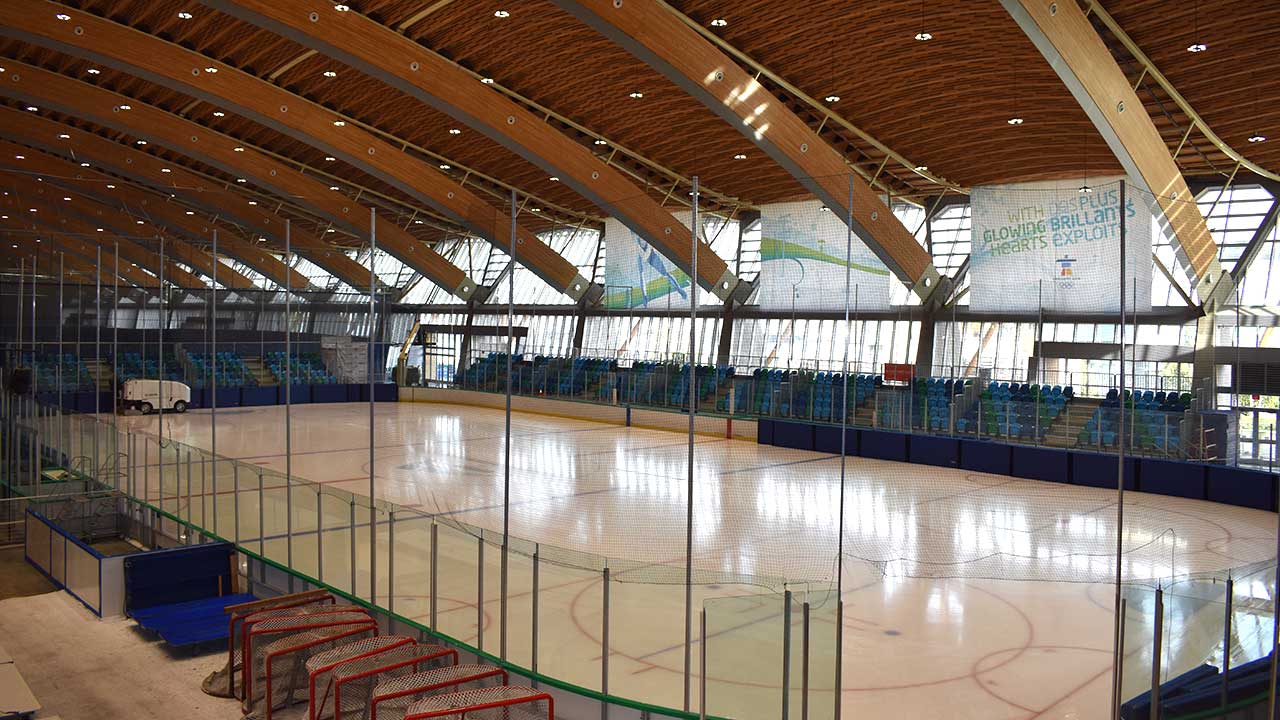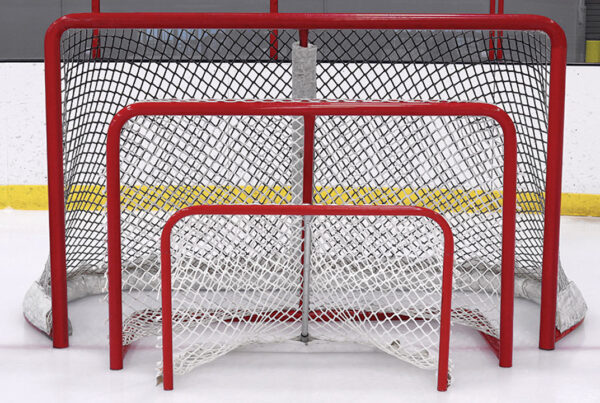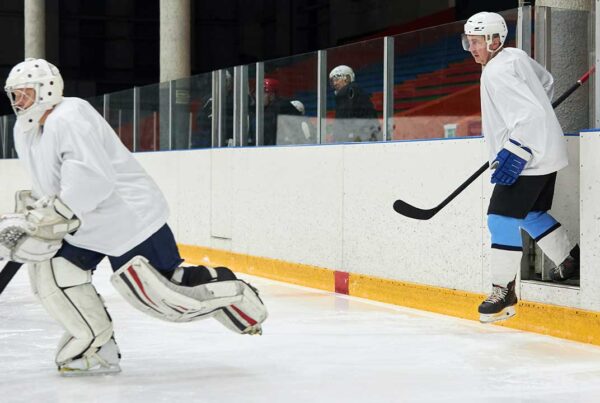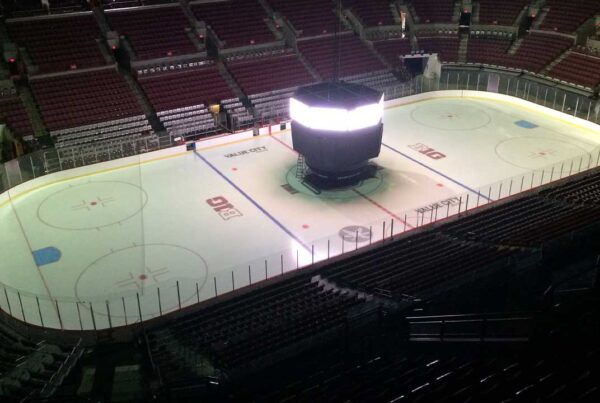Is There More to an Ice Rink System than a Zamboni?
We’ve all seen ice rinks—that frozen body of water that is typically hardened by chemicals, where we can skate or play our favorite winter sports.
Ice rinks are also the stage where we can watch amazing athletes glide with grace in sports such as figure skating. Or we can cheer on aggressively when players throw down in hockey.
Today, there are two types of ice rinks. There are natural rinks, where ambient cold temperatures freeze a body of water, or artificial rinks, where chemicals, known as coolants, produce cold temperatures with the help of machines to freeze the water.
If you want to build your rink or have someone do it for you, you’ll first need to understand what components go into a rink system. When we think of artificially freezing water, our minds almost always go to refrigerators and air conditioners. And that’s not far off from how ice rinks work.
The difference lies in how the refrigerant works. In ice rinks, the refrigerant cools brine water, an anti-freezing agent, which goes through pipes underneath the ice.
These steel pipes are typically embedded into a concrete slab and kept at 32 F / 0 C, so that any water placed on top of the slab freezes and becomes the skating surface that we see. A level of insulation is set beneath the concrete slab so that the ice can shrink and expand as needed.
Of course, those are not the only components that make up the floor of an ice rink: underneath the skating surface, the chilled concrete, and insulation are the following levels:
- Heated Concrete
- Sand and Gravel base
- Water Drainage
These three levels keep the area underneath the rink from freezing or causing water damage as they serve as a sink to safely drain all the water carefully when the skating rink defrosts.
Creating an ice rink is difficult; maintaining it is a whole other story. Rink management systems are vital as you have to ensure that the ice is continuously at its ideal thickness. If the ice is too thin, then skates could cut through it; if it’s too thick, then it might get too soft and require even more energy to maintain.
The ice itself has several layers, including white paint, a sealer, and a layer of markings made from liquid ice paints that vary in thickness. Finally, another layer of ice is applied. This means you have to have ice rink equipment such as a paint truck, paint sprays, and edgers along with ice rink technicians available deal with ice maintenance and resurfacing.
With all that said, a great deal of training and research has to go into building and maintaining your rink system. Instead of spending all that time and resources, choose a company that understands what you need and continue to innovate technology and to provide the best rink equipment in the industry.
Athletica rink systems and equipment are tailor-made for your needs, ensuring that your ice rink is built and maintained correctly, be it for professional or community needs.
Athletica is a leader in the design, engineering, innovation, and manufacture of dasher board systems for all levels of hockey, from backyards to the pro’s. They also supply a full range of specialty products and services for sports facilities of all kinds.






